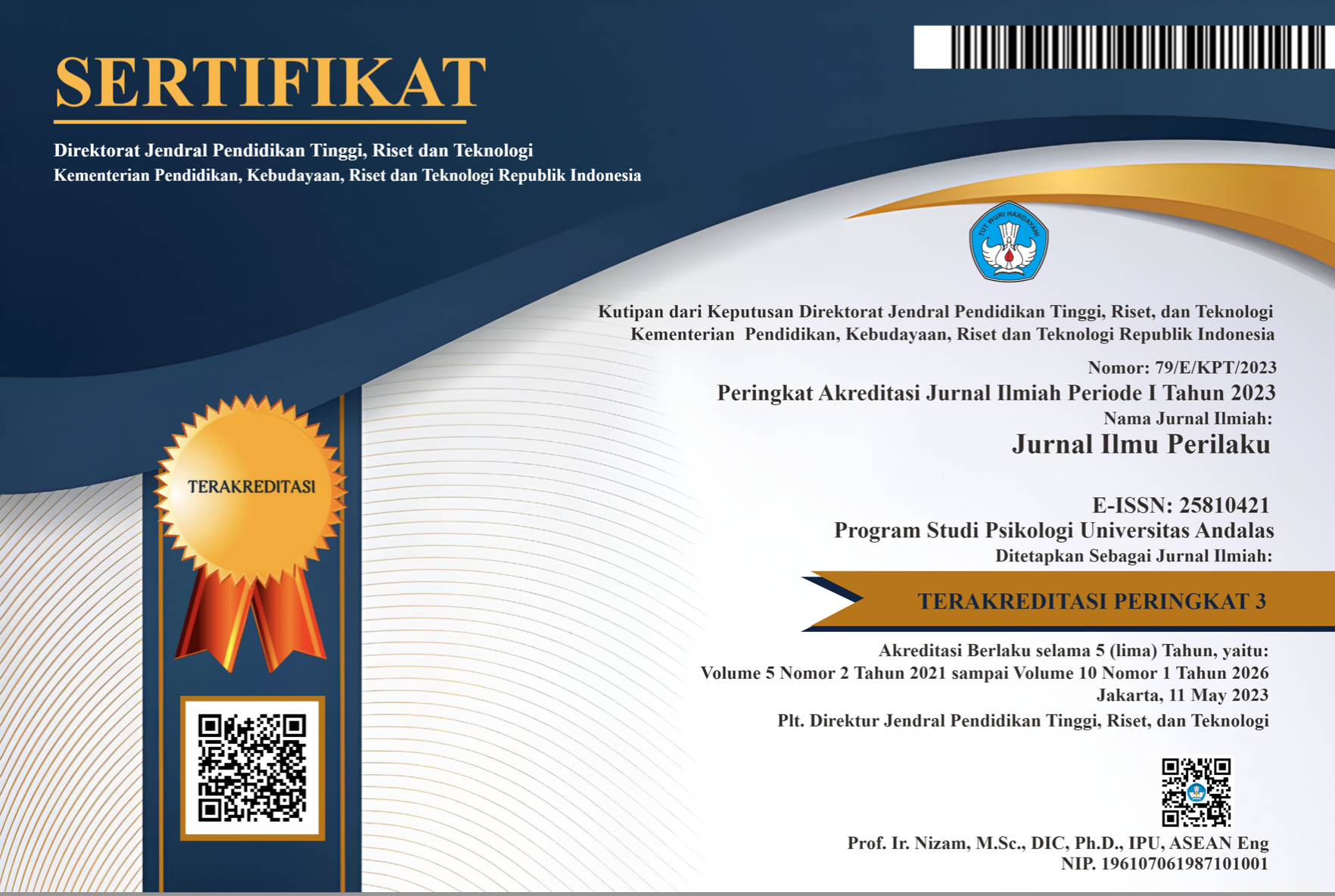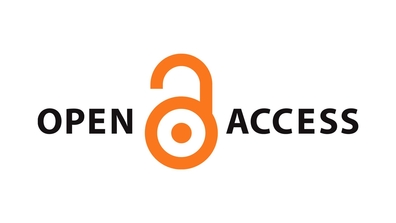Persepsi Kontrol Perilaku dan Niat terhadap Perilaku Memilah Sampah di Perusahaan Jasa Konstruksi Migas
Abstract
Abstract. The growing economic sector and people’s living standards growth have caused the number of domestic solid waste in urban areas to increase. The paper aims to analyze correlation between perceived behavioral control and intention to sort waste towards waste sorting behavior at work by applying Theory of Planned Behavior (TPB) from Icek Ajzen. This study uses a quantitative approach towards 251 respondents using likert scale (1 – 4) as the instrument. The measuring instrument are Pearson Product Moment and Multiple Correlation. The results of this study indicate that (1) there is a correlation between perceived behavioral control and waste sorting behavior (0.371); (2) there is a correlation between intention to sort waste and waste sorting behavior (0.313); (3) there is a strong correlation between perceived behavioral control and intention to sort waste (0.802); (4) correlation between perceived behavioral control and intention towards waste sorting behavior shows R2 = 0.372. Company’s intervention through the provision of appropriate types of trash bins with close proximity to the employee's position at work is needed to improve waste sorting behavior.
Keywords: intention, perceived behavioral control, TPB, waste sorting
Downloads
The non-commercial use of the article is governed by the Creative Commons Attribution license as currently displayed on Creative Commons Attribution-NonCommercial-ShareAlike 4.0 International License.
JIP's spirit is to disseminate articles published are as free as possible. Under the Creative Commons license, JIP permits users to copy, distribute, display, and perform the work for non-commercial purposes only. Users will also need to attribute authors and JIP on distributing works in the journal.
Please find the rights and licenses in Jurnal Ilmu Perilaku (JIP).
- License
The non-commercial use of the article will be governed by the Creative Commons Attribution license as currently displayed on Creative Commons Attribution-NonCommercial-ShareAlike 4.0 International License.
- Author’s Warranties
The author warrants that the article is original, written by stated author(s), has not been published before, contains no unlawful statements, does not infringe the rights of others, is subject to copyright that is vested exclusively in the author and free of any third party rights, and that any necessary written permissions to quote from other sources have been obtained by the author(s).
- User Rights
JIP's spirit is to disseminate articles published are as free as possible. Under the Creative Commons license, JIP permits users to copy, distribute, display, and perform the work for non-commercial purposes only. Users will also need to attribute authors and JIP on distributing works in the journal.
- Rights of Authors
Authors retain the following rights:
- Copyright, and other proprietary rights relating to the article, such as patent rights,
- The right to use the substance of the article in future own works, including lectures and books,
- The right to reproduce the article for own purposes, provided the copies are not offered for sale,
- The right to self-archive the article.
- Co-Authorship
If the article was jointly prepared by other authors, the signatory of this form warrants that he/she has been authorized by all co-authors to sign this agreement on their behalf, and agrees to inform his/her co-authors of the terms of this agreement.
- Termination
This agreement can be terminated by the author or JIP upon two months’ notice where the other party has materially breached this agreement and failed to remedy such breach within a month of being given the terminating party’s notice requesting such breach to be remedied. No breach or violation of this agreement will cause this agreement or any license granted in it to terminate automatically or affect the definition of JIP.
- Royalties
This agreement entitles the author to no royalties or other fees. To such extent as legally permissible, the author waives his or her right to collect royalties relative to the article in respect of any use of the article by JIP or its sublicensee.
- Miscellaneous
JIP will publish the article (or have it published) in the journal if the article’s editorial process is successfully completed and JIP or its sublicensee has become obligated to have the article published. JIP may conform the article to a style of punctuation, spelling, capitalization, referencing and usage that it deems appropriate. The author acknowledges that the article may be published so that it will be publicly accessible and such access will be free of charge for the readers.










